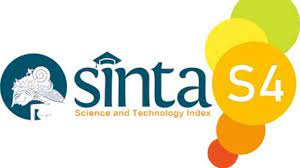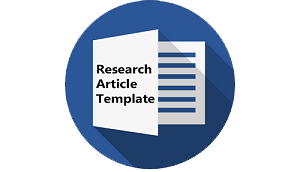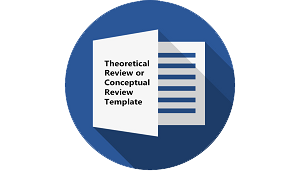OTHELLO’S VERBAL DEFENCE: DISTORTING REALITY IN SHAKESPEARE’S OTHELLO
DOI:
https://doi.org/10.30957/ijoltl.v3i2.452Keywords:
play, Shakespeare, Othello, verbal defence.Abstract
The study describes Othello’s verbal defences by means of Perry London’s Verbal Defences theory as reflected in William Shakespeare’s Othello, the Moor of Venice. The study was a content analysis whose primary data were words, phrases, sentences and dialogues in the play. The secondary data were articles discussing the Othello, the Moor of Venice. Data were analyzed through determining Othello’s arguments on ego verbal defence mechanisms using Perry London’s Verbal Defences theory. This study revealed that three elements of verbal defences, namely, emotional insulation, intellectualization, and rationalization are experienced by Othello. They operate unconsciously and these mechanisms neutralize the upsetting impact of threatening ideas by distorting reality. In distorting reality, ego takes some extreme ways. One of those ways is “talking away†the anxiety stimuli as well as by the other means of obscuring and retreating from reality.
Â
Downloads
References
Abrams, M.H. 1953. The Mirror and The Lamp: romantic theory and the critical tradition. London: Oxford University Press, Inc.
Crider, Andrew B, George R. Goethals, Robert D. Kavanaugh, Paul R. Solomon. 1983. Psychology. San Francisco: Scott, Foresman and Company
Feist, Jess. 1985. Theories of Personality. New York: CBS College Publishing
London, Perry. 1975. Beginning Psychology. London: The Dorsey Press
Macaulay, Thomas Babington. Essay on Dante. In www.geocities.com/litpage plus/shakmoul-othello.html on February 20, 2004 at 09:00 a.m
O’Connor, Richard. 2000. Denial Is Just Another Defense Mechanism. In www.undoingdepression.com on February 24, 2004 at 09:45 a.m
Shakespeare, William. Othello, the Moor of Venice. In www.thetech.mit.edu/Shakespeare/ othello/full.html on February 27, 2004 at 09:30 a.m
Wren, Pete. 1996. Sigmund Freud’s Theory of Personality. In www.ourworld.compu serve.com/homepages.htm#Ego on April 04, 2004 at 05:52 p.m
Downloads
Published
How to Cite
Issue
Section
License
Authors who publish with this journal agree to the following terms:
- Authors retain copyright and grant the journal right of first publication with the work simultaneously licensed under a Creative Commons Attribution-ShareAlike 4.0 International License that allows others to share the work with an acknowledgement of the work's authorship and initial publication in this journal.
- Authors are able to enter into separate, additional contractual arrangements for the non-exclusive distribution of the journal's published version of the work (e.g., post it to an institutional repository or publish it in a book), with an acknowledgement of its initial publication in this journal.
- Authors are permitted and encouraged to post their work online (e.g., in institutional repositories or on their website) prior to and during the submission process, as it can lead to productive exchanges, as well as earlier and greater citation of published work (See The Effect of Open Access).












